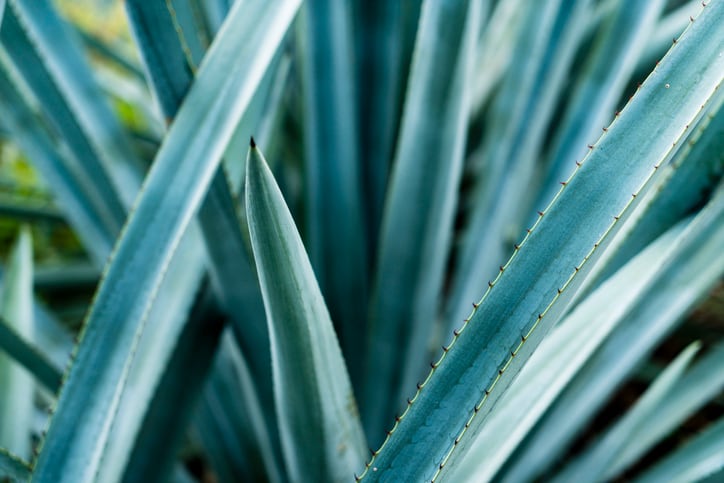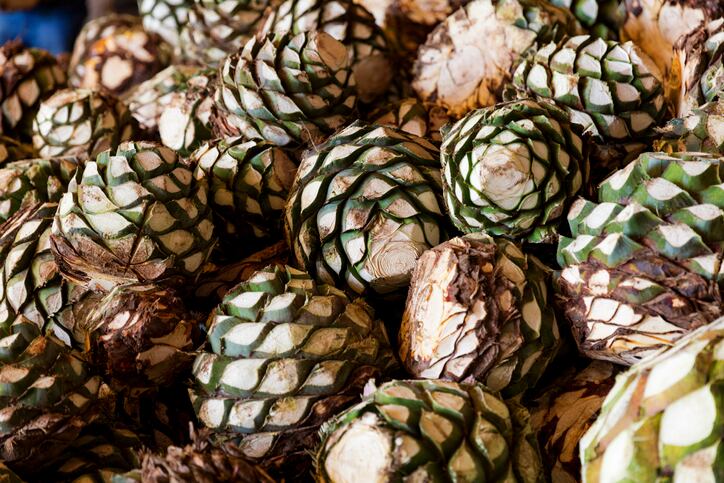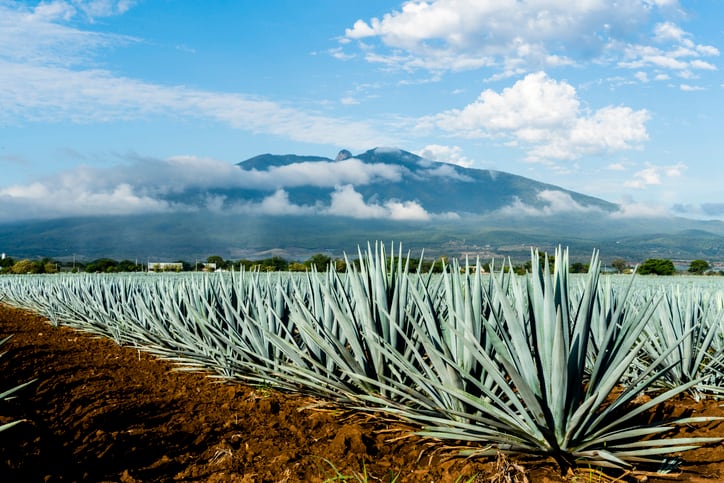Inulin is a generic term that covers beta-linear fructans, and it has both health benefits and functional properties. Food manufacturers can use inulin to modify the texture of food, such as viscosity and elasticity.
Most of the commercially available inulin produced today comes from chicory roots.
However, inulin is naturally present in thousands of plant species, and Mexican researchers from the Instituto Politécnico Nacional (IPN) have suggested that fructans extracted from Agave tequilana – the cactus used to make tequila and mezcal – could rival chicory.
Method
In the experiment, the researchers compared the functionality of chicory inulin (Cichorium intybus L.) produced by Beneo under the brand name Orafti, to two commercially available agave fructan ingredients.
The agave samples were composed of Fructagave, an extract made by Mexican supplier Agaviotica using the agave tequilana Weber plant, and Agavien, made by Alimentos Funcionales, a blend of extracts from Agave tequilana Weber, Agave angustifolia Haw, and Agave atrovirens Karw.
The researchers found that while inulin behaves as a flexible polymer in gels as viscoelastic solids, agave fructans tend to have a greater interaction with water due to their branched structure. Depending on their purity, they can form gels at low concentrations.
They suggest that manufacturers could use agave fructans in the same way as chicory inulin at concentrations between 50 and 100 g L−1 that are lower than the critical concentration.
"In liquid foods, agave fructans could present a similar rheological behavior to inulin depending on its purity or degrees of polymerization," they conclude.
Inulin is a soluble fiber that has prebiotic properties, meaning it is not broken down by the body’s digestive system and arrives in intact in the colon, where it is fermented by gut bacteria. In this way, it stimulates the growth of beneficial gut bacteria.
Its soluble nature means food and drink manufacturers can easily incorporate inulin into their products, giving them additional health benefits.
Probiotic potential
Previous research has focused on the prebiotic and probiotic benefits of agave fiber.
A 2017 study by Mexican and Korean researchers on rats suggested agave could be beneficial for weight management while, in 2015, Ingredion co-led a study with researchers from the University of Illinois and found agave increased the amount of Bifidobacterium when given to healthy adults
Source: LWT Food Science and Technology
Available online ahead of print, doi.org/10.1016/j.lwt.2019.05.035
“A rheological study of chicory and agave tequilana fructans for use in foods”
Authors: F. Rodríguez-González, M. Parra-Montes de Oca, S. Ávila-Reyes et al.



